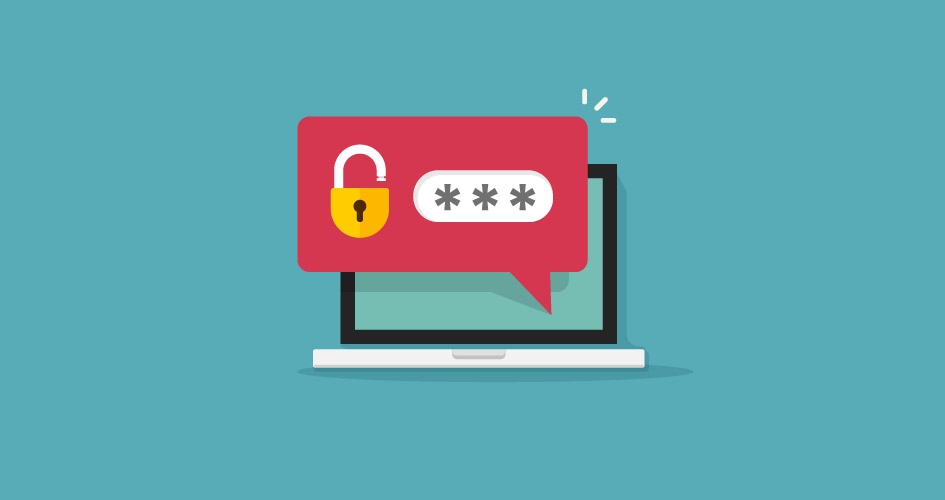We all build websites with the ultimate goal of getting a lot of traffic and converting it into revenue. Still, most people don’t realize that with higher traffic there are more risks to your domain security. Furthermore, it is much harder to optimize a website to function at an optimal speed.
With that in mind, we are going to discuss some practical tips that can help you get these things under control without wasting too much time.
- Reduce the number of HTTP requests
A simplified design can help improve your website load time quite a bit, due to the fact that the more elements you have inside a single web page the longer it takes to load them up. Some of these elements are images, scripts and so on. Some possible solutions include using CSS instead of images, compiling multiple style sheets into one, etc. Keep in mind that 80% of all website load time are HTTP requests and you’ll get how important this is.
- Keep your website updated
Most hacking efforts are automated these days and include bots who dig through the web searching for websites with security flaws. Usually, these flaws can be avoided by keeping your website updated, since in most cases they are pinpointed by developers and resolved through patches. Keep up with essential patches and consider using a website firewall just in case.
- Website compression
Another way to speed up your website is to use website compression. Things can get quite heavy in terms of download size when you are dealing with high-quality content and especially in case you are using some form of CDN. Pages can go up 100+kb and the load time of large files like these can be reduced by 70% through compression.
- Passwords that are safe
There are extensive lists of most common passwords out there and if the password you are currently using is on that list, you are definitely at risk of being hacked. Additionally, make sure that you are aware of what comprises a good password. Make sure that things you use for your password are not publically available – thing’s like your birthday, hometown, etc.
As a general rule, a strong password is more than 12 characters long. You should also keep in mind that the more places you use the same password on, the greater the chance that it will get compromised. If a hacker gets his/her hands on your password for one account he/she will definitely try to use it everywhere else.
- Keep backups just in case
Even if you do everything right, you can ensure that things will never go wrong. Hope for the best, but prepare for the worst is a good philosophy. Backup your website regularly so if something actually goes wrong you can access your offsite backup and get it up and running in no time at all.
These are just some of the things that can help you run a secure and fast website. Still, you should always be on the lookout for new improvement options. Good luck!
Nick Colakovic works for firstsiteguide.com. He’s passionate about helping other bloggers take their craft to the next level and likes to help newbies understand the joy of being online.


